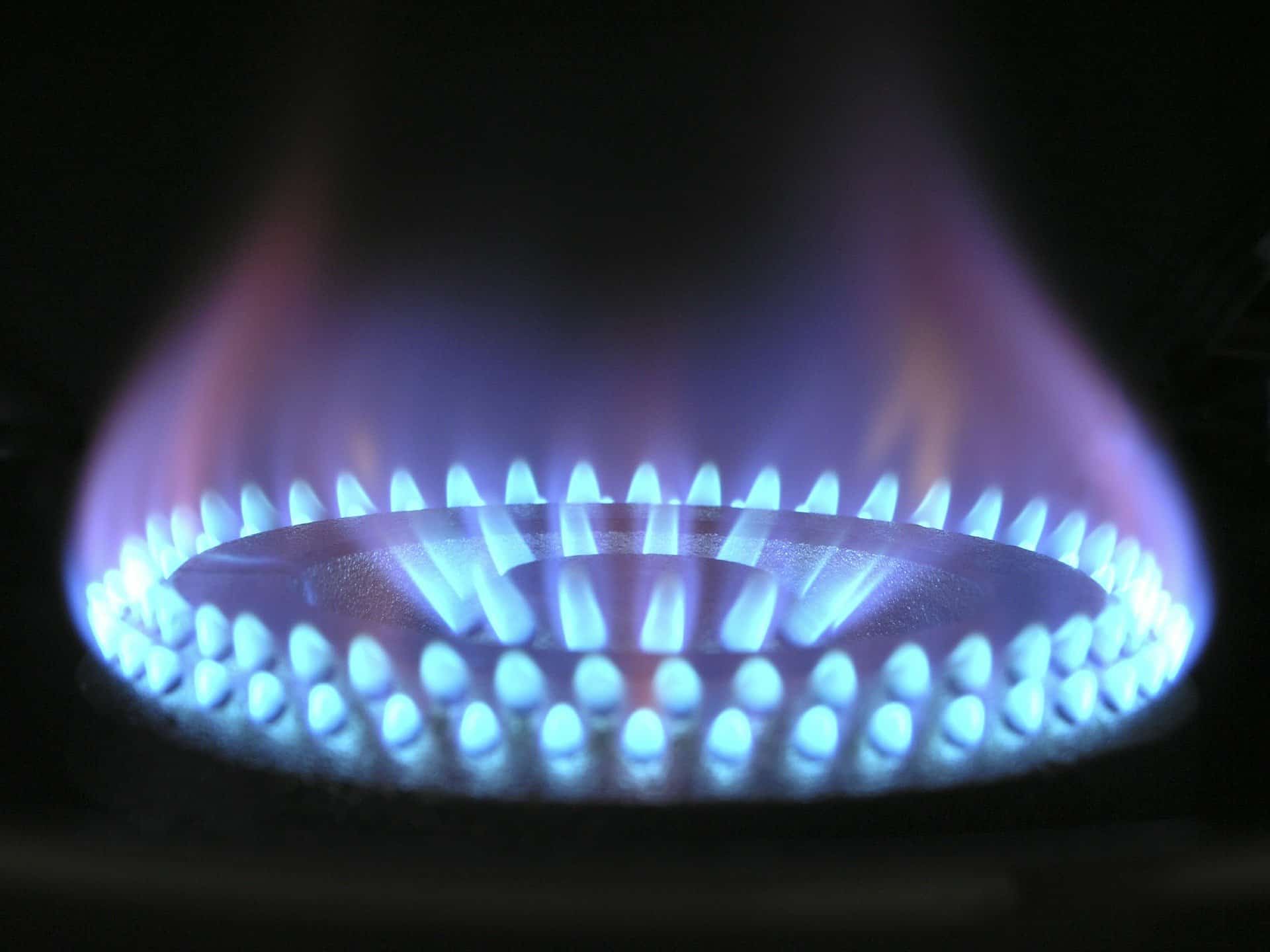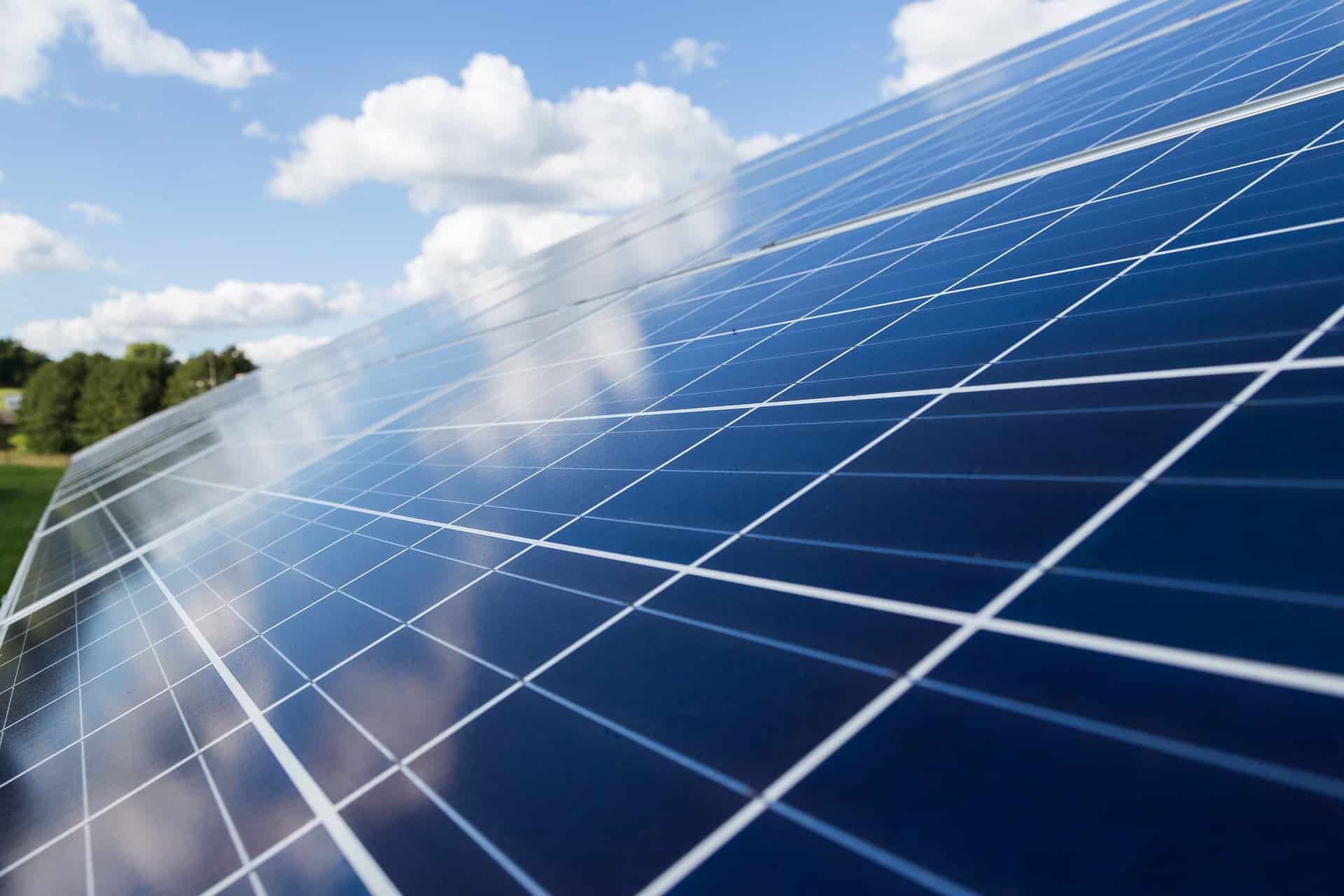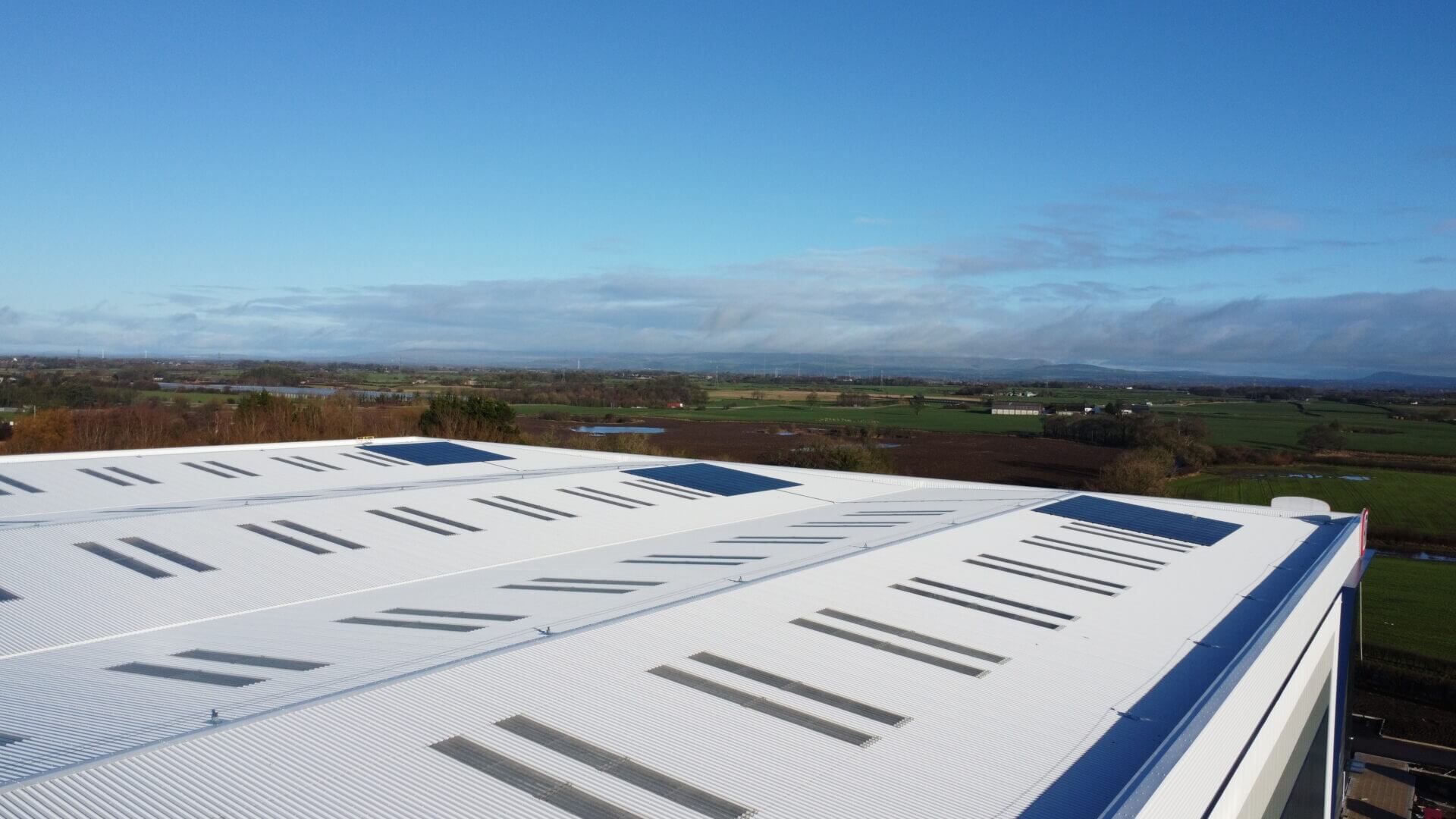Rising UK energy prices and the collapse of several power suppliers recently has revealed the danger of being over-reliant on the supply of energy in businesses. And with the increase of distributed renewable power sources, including rooftop solar and battery storage, it's the ideal time to rethink your energy systems.
With news that our energy bills could be predicted to soar by 30% next year, the situation could severely impact our economy and impede net zero emissions targets. High gas prices is likely to mean that industries such as steel, chemical and fertiliser may have to suspend production or switch to fossil fuels, so it is increasingly clear that the UK will struggle to balance its recent COP26 net zero commitments in line with rising demand.
Becoming decentralised
The fundamental challenge facing the UK’s adoption of decentralised renewable power sources, such as solar, is that it has not yet been matched with the decentralisation of the energy sector. Competition within the market has failed to empower energy users to achieve the best value deals due to the complexity of regularly having to change tariffs or suppliers. 6% of UK wind power was wasted or curtailed last year due to low demand, which only highlights the inefficiency of a centralised grid in balancing local supply with national demand.
The current gas price crisis also shows how a centralised grid leaves the economy exposed to worldwide market instability and volatile pricing. Meanwhile, the vulnerability of the economy, which can suffer from power outages from extreme weather demonstrates how a national grid could fail services that are reliant on electricity.

Democratising energy
The recent energy market uncertainty reveals the urgent need for the democratisation of power generation so that businesses and communities can be more self-sufficient. We can only deliver reliable, cost effective and green power if we stop outsourcing all of our energy needs to centralised suppliers. Self-generation would mean a more dispersed, resilient grid without a point of failure, therefore safeguarding businesses and local authorities against future energy price fluctuations.
Alongside this, it would dramatically ease the burden on the national grid and give the surrounding communities a more stable power source. Crucially, by easing demand for electricity from central suppliers, decentralisation would make it easier for energy suppliers to meet net zero commitments.
With the cost of solar power dropping and its performance improving all the time due to recent technological advancements, solar self-generation offers businesses an ideal way to decarbonise and protect themselves against erratic changes to the market. Employers can even provide their employees with free, self-powered solar car charging at their workplaces as an extra perk.

Being self-sufficient
Organisations that rely on dependable 24-hour power sources could use solar energy to provide low-cost, zero-carbon power off the grid. Larger companies could also supplement solar with additional power sources to provide extra generating capacity. A mix of different power sources could also be combined to extend devolved power across cities and regions, which helps areas that live off the grid.
Here at EcoSolar UK, we provide bespoke solutions for all your needs. Offering only the best service in solar power technology, we aim to provide all our customers with resources for commercial and industrial environments whilst bringing sustainability into the heart of all we do.
The solar-powered industry is continually advancing and finding more efficient ways to provide power to buildings all around the world. And unlike other renewable energy sources, PV panels have very low maintenance costs and despite their fragility, they have far fewer breakages as there are no moving parts to maintain.

